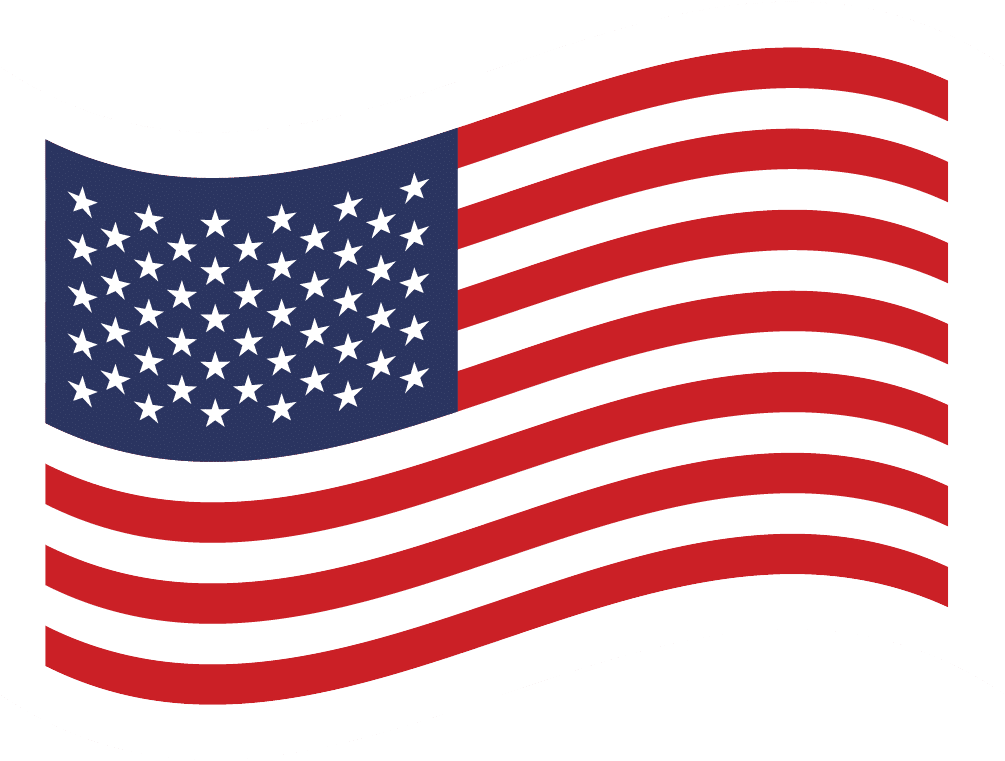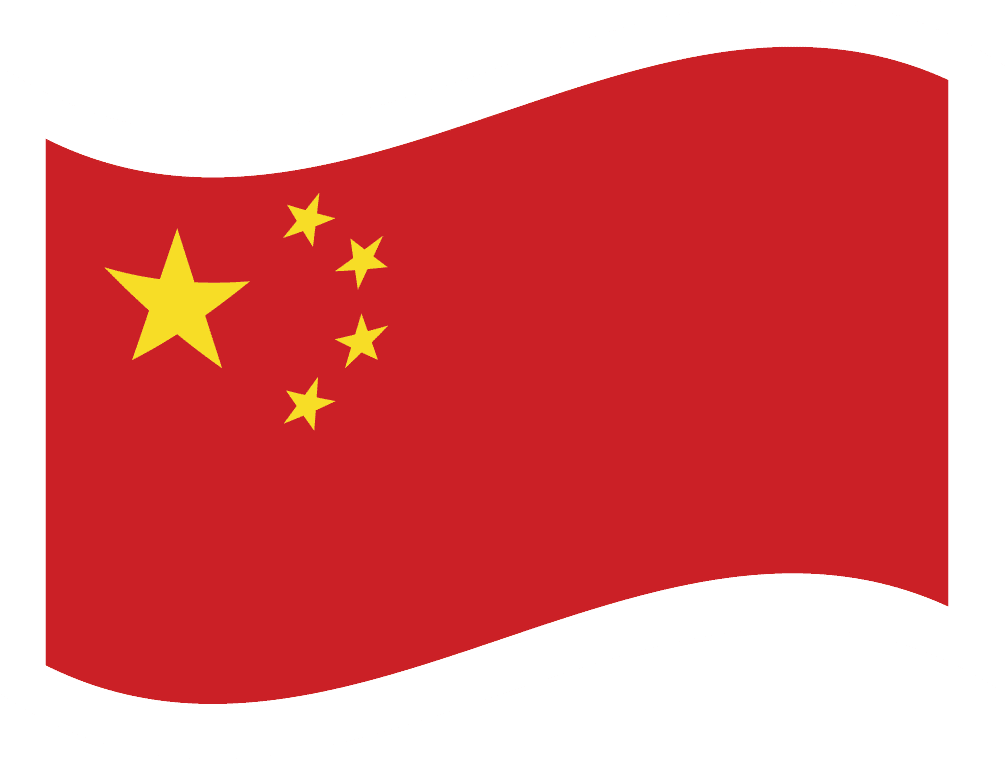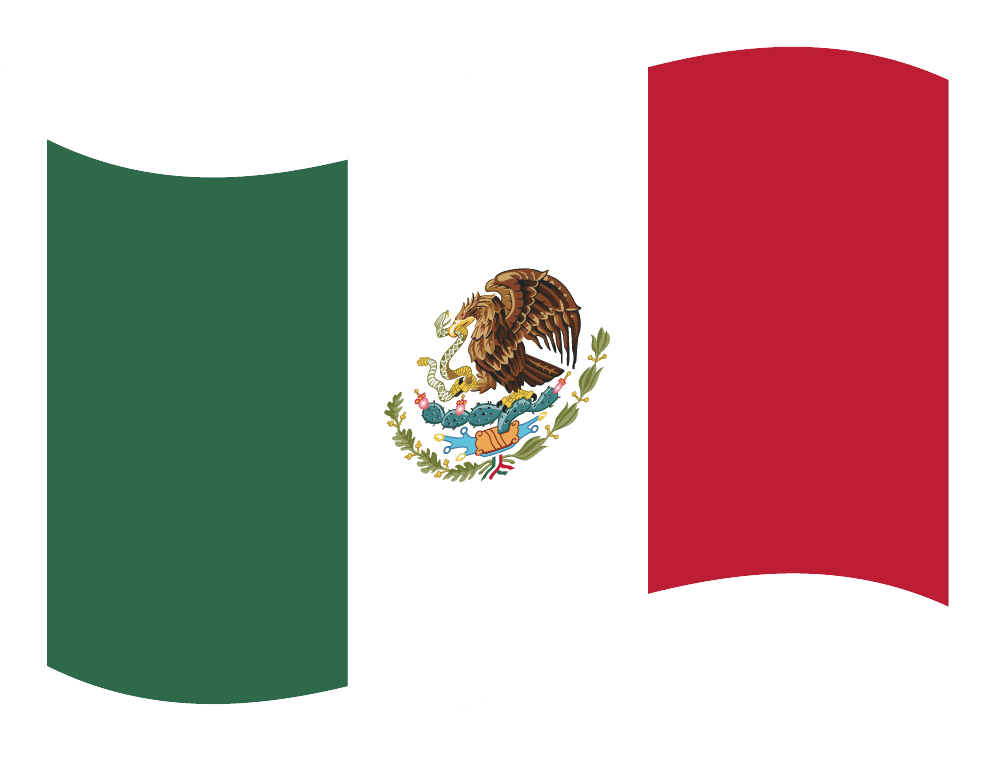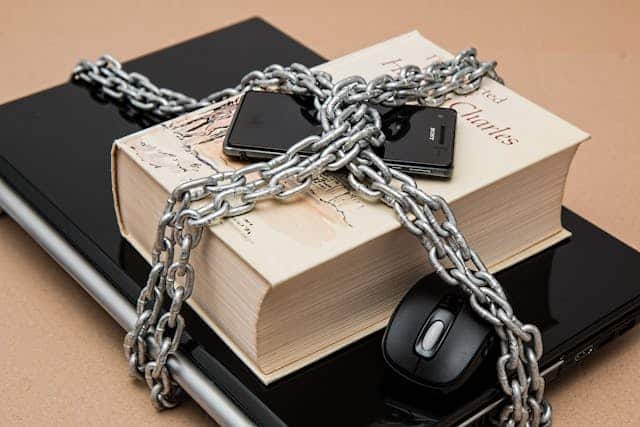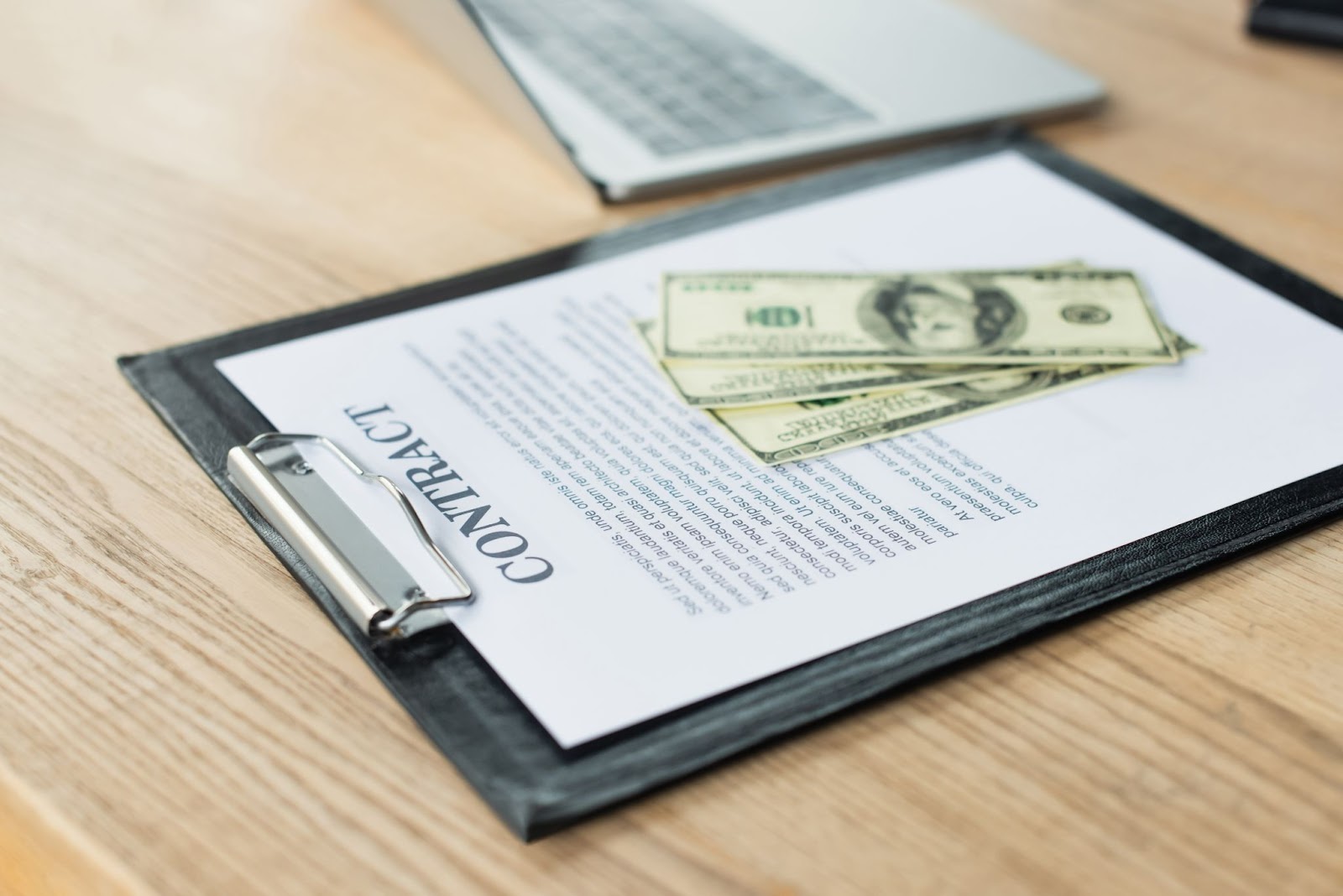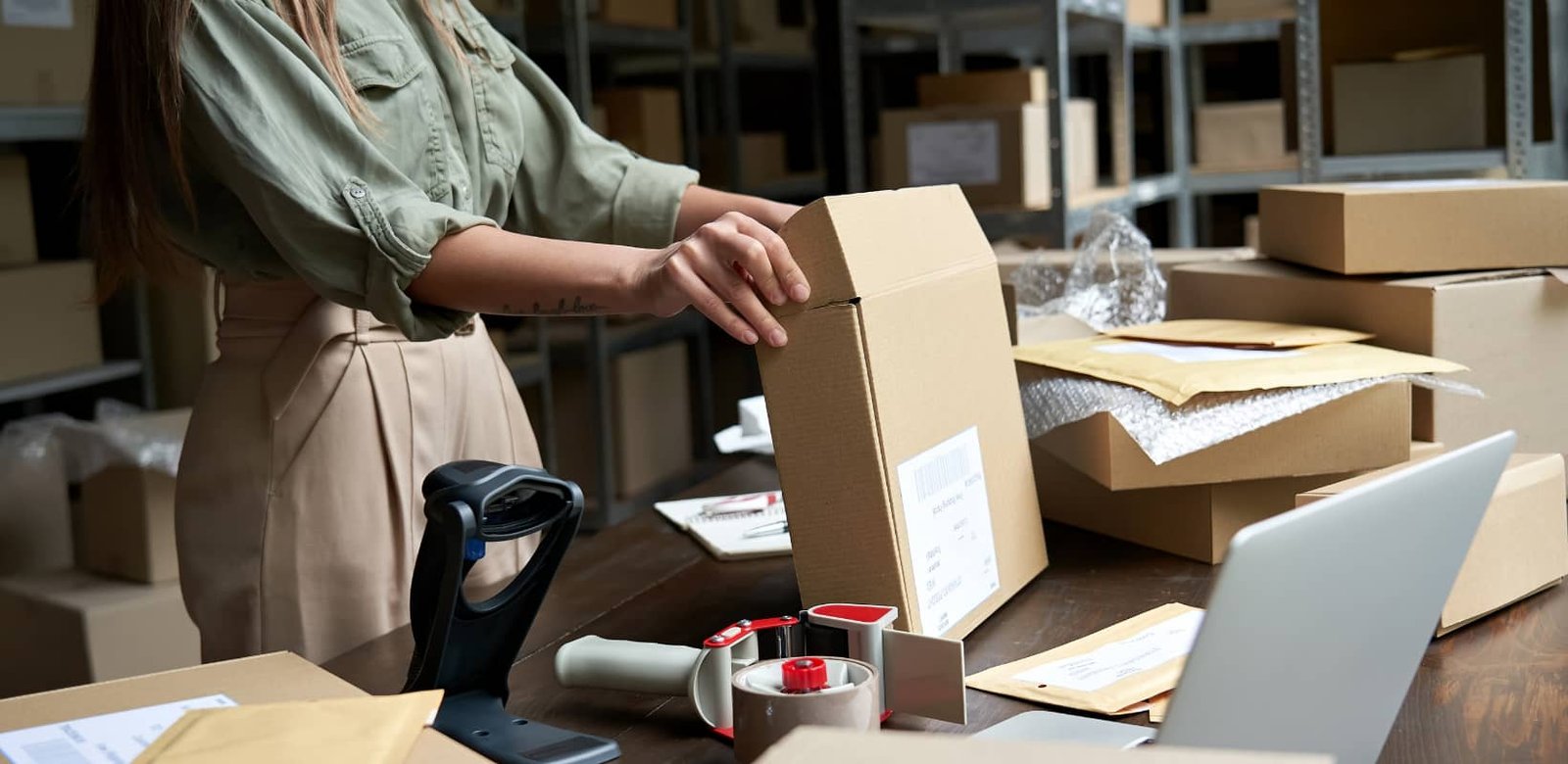In today’s interconnected world, innovation is a driving force for business success. But brilliant ideas are only valuable if you can protect them. Unlike physical assets, which in places like California can be defended with a gun, intellectual properties require an array of legal tools and strategic planning for protection. This blog explains how to protect intellectual property (IP) around the world. It focuses on the changing rules for IP protection in China.
Whether you’re a seasoned entrepreneur or a startup brimming with fresh ideas, this guide has you covered. Read on to gain the knowledge and strategies required to secure your intellectual property.
Understanding Intellectual Property Rights
Intellectual property is like owning your ideas. It includes things you create, like inventions, writings, pictures, and even logos. These creations are protected by law, giving owners exclusive rights to their use and exploitation. These are a few important types of intellectual property that you must learn to protect:
- Patents: You need to design patents as these give inventors the sole right to make, use, or sell their invention for a set time, usually 20 years.
- Trademarks: it is absolutely essential for you to protect trademarks, these are distinctive signs that identify the source of goods and services.
- Copyrights: Copyright ideas to protect original creative works like writing, music, and software.
- Trade Secrets: Examples of this include confidential information that gives a business a competitive advantage.
International treaties and national laws govern Intellectual Property protection. Intellectual property IP protection laws differ around the world. This makes protecting IP globally complicated. Consider consulting with an intellectual property protection lawyer.
The Challenges of IP Protection in China
China has historically faced criticism for weak IP enforcement. However, the country has made significant strides in recent years to strengthen its IP protection system. Despite these improvements, challenges remain:
- Counterfeiting: China still grapples with a high volume of counterfeit goods.
- Legal complexities: Navigating the Chinese legal system can be challenging for foreign businesses.
- Proof of ownership: Providing concrete evidence of IP ownership can be crucial in infringement cases.
Case Studies
- Success Story: Company X successfully defended its patented technology in court after a lengthy legal battle.
- Problematic Case: Company Y had trouble stopping a local competitor from copying its trademark. They couldn’t prove they used it first.
Essential Strategies to Protect Your IP
Legal Measures
- Registration: Register your IP rights in China and other key markets to establish ownership and legal recourse.
- International Treaties: Agreements like the Paris Convention, help protect your creations abroad.
Technology Solutions
- Digital Watermarking: Put secret codes in your products to track and identify fakes.
- Anti-Piracy Software: Use software to monitor online marketplaces for potential infringements.
Business Strategies
- Partner Selection: Choose reliable manufacturers that have a track record of respecting IP rights.
- Non-Disclosure Agreements (NDAs): Use NDAs to protect confidential information shared with partners.
- Market Awareness: Educate your target audience about your IP to deter potential infringers.
Protecting Your IP without Force
The analogy of using a gun to protect IP is a humorous reminder that IP enforcement relies on legal, not physical, means. Some US states have laws that let you use deadly force to protect property, but only in life-threatening situations. However, this doesn’t extend to using force against someone stealing your property outside your home. Intellectual property requires a completely different approach.
When it comes to IP infringement, the tools you have at your disposal are legal and involve civil enforcement mechanisms. These can be broadly categorized into three main areas:
- Cease and Desist Letters: A formal written notice demanding that the infringing party stop their activities. This can be a first step to resolving the issue without resorting to litigation.
- Negotiation and Dispute Resolution: Talk out disagreements. A neutral person can help you settle it faster and cheaper than going to court.
- Litigation: If negotiations fail, legal action through the court system becomes the next step. This involves filing a lawsuit and presenting evidence to prove infringement. If the counterfeiting is serious, you can go to court. The court can order the counterfeiter to stop making fakes. The court can also make them pay you money or take away their fake products.
The specific legal course of action will depend on the nature of your IP, the severity of the infringement, and the jurisdiction where it occurs. Knowing that IP protection uses laws, not fists, helps you make a better plan to protect your ideas.
Monitoring and Enforcing Your IP Rights
- Regular Monitoring: Actively monitor online and offline channels for potential infringements.
- Gathering Evidence: If you think there’s a copycat, gather proof to help your case.
- Legal Action: Depending on the severity, consider negotiation, cease-and-desist letters, or litigation.
- International Enforcement: Organizations like WIPO can help with arguments that cross borders.
Partnering with Importivity For an IP-Savvy Sourcing Agent
Protecting your IP goes beyond legal registrations and self-monitoring. A sourcing agent can help protect your intellectual property (IP) when working with factories in China. They add an extra layer of protection for your ideas. Here’s how Importivity can assist:
- Experience in China: Importivity possesses extensive experience navigating the Chinese manufacturing landscape. Their familiarity with IP protocols and potential pitfalls can be invaluable.
- Communication and Transparency: Importivity helps you talk clearly with your factory. This way, you both agree on who owns the ideas behind the product and how they can be used.
- Contract Negotiation: Write contracts clearly to protect your ideas (IP). They can also help you figure out what to do if someone copies your IP.
- Quality Control: Importify can check your products to make sure they are made right. This helps prevent fake products from being made.
Importivity can help you protect your ideas when making things abroad. This means you can worry less about someone stealing your ideas and focus more on making great products.
Takeaways
Keeping your ideas safe, especially in tough places like China, means taking action in many ways. Remember, a strong IP strategy is an investment in the future of your business. Take charge of your IP protection today. This blog shows you how to protect your new ideas and succeed worldwide. And with Importivity, you can safeguard your innovations and unlock the full potential of your business on a global scale.
Frequently Asked Questions
Do I need to register my IP everywhere if I want protection?
IP laws vary by country. Registering your IP in each country you want protection can be complex and expensive. However, registration can strengthen your legal case in case of infringement. Consider talking to an IP attorney about a targeted registration strategy.
Does Importivity offer legal advice on IP protection?
No, Importivity is not a law firm and cannot provide legal advice.
What are Importivity’s fees for sourcing and manufacturing?
Importivity offers flexible pricing plans based on your specific needs. Contact them directly for a quote.
Can Importivity help me source products outside of China?
Yes, Importivity has a network of suppliers across various industries worldwide. While they have a strong focus on China, they can also assist with dropshipping from Japan, Taiwan, & Hong Kong.
How do I get started with Importivity?
Importivity offers a free consultation to discuss your sourcing needs and how they can help. Visit their website to learn more and get started.




